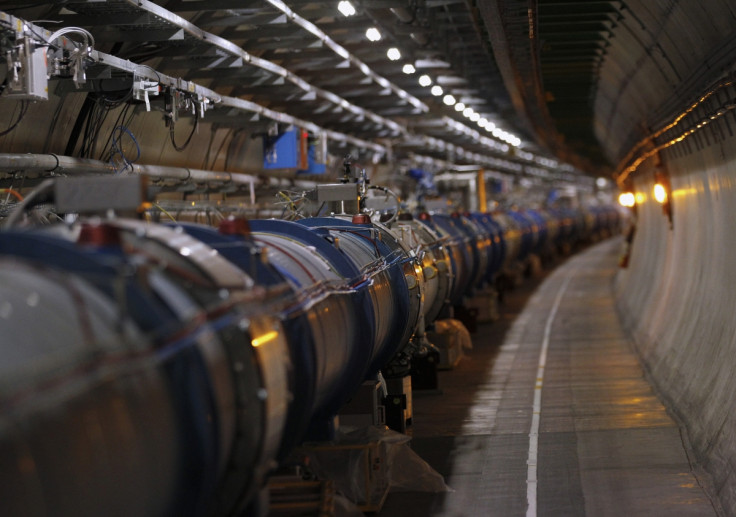Cern Large Hadron Collider restart: Scientists hoping to find particle 'more exciting than Higgs'

A particle "more exciting" than Higgs could be discovered later this year after the Large Hadron Collider (LHC) is fired next month, a scientist has said.
Beate Heinemann, a senior researcher and spokeswoman for the Atlas experiment, said they are hoping to discover a "supersymmetric particle" at Cern, with the most likely candidate being gluino.
The Atlas experiment searches for new discoveries through the head-on collisions of high energy protons.
The LHC was switched off on 14 February 2013 at the end of its first three-year run. Since then, engineers and technicians have been working to repair and strengthen the collider in preparation for running the machine at a higher energy when it is switched back on in March.
When it restarts, the energy of particle collisions will be 13 TeV – last time it was 8 TeV. This higher energy will allow experts to test more theories, including the search for the first supersymmetric particle, which will provide scientists with a greater insight into dark matter.
Supersymmetry would fill in gaps in the Standard Model. It would be sub-atomic particles that are symmetrical to the particles that form the basis of matter.
Speaking at the annual meeting of the American Association for the Advancement of Science, Heinemann said: "It could be as early as this year. Summer may be a bit hard but late summer maybe, if we're really lucky.
"We hope that we're just now at this threshold that we're finding another world, like antimatter for instance. We found antimatter in the beginning of the last century. Maybe we'll find now supersymmetric matter."
Supersymmetry suggests that each particle has a more massive partner. They believe they will find the gluino first – the superpartner of the gluon, which sticks quarks together inside protons and neutrons. Scientists will not see them directly, but will rather track its decay, the BBC reports.
Discussing the possibility of the discovery, Heinemann said: "This would rock the world. For me, it's more exciting than the Higgs."
© Copyright IBTimes 2025. All rights reserved.






















